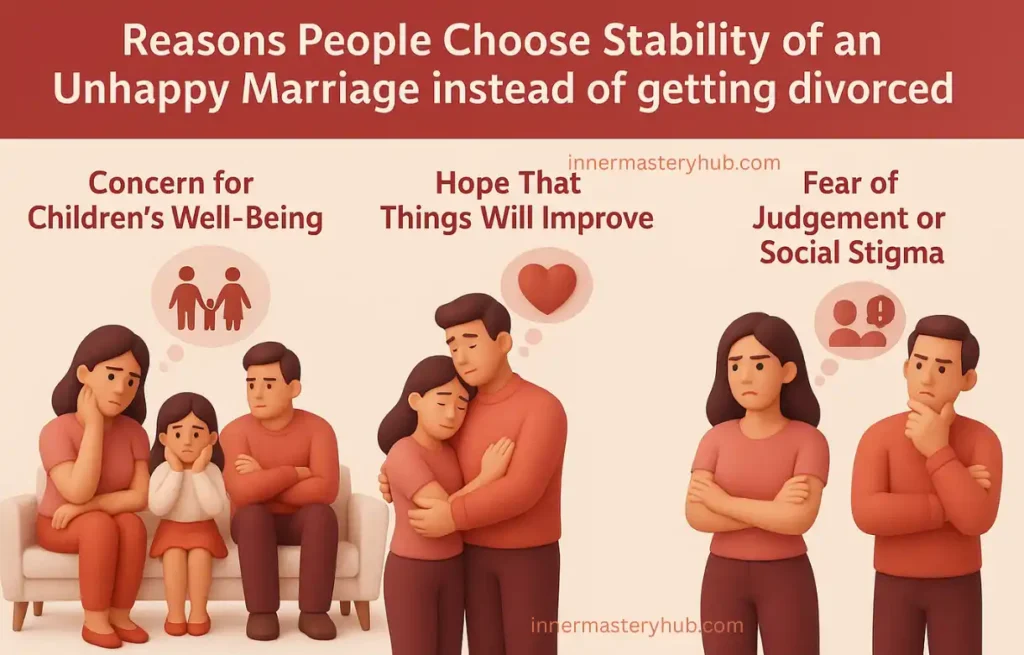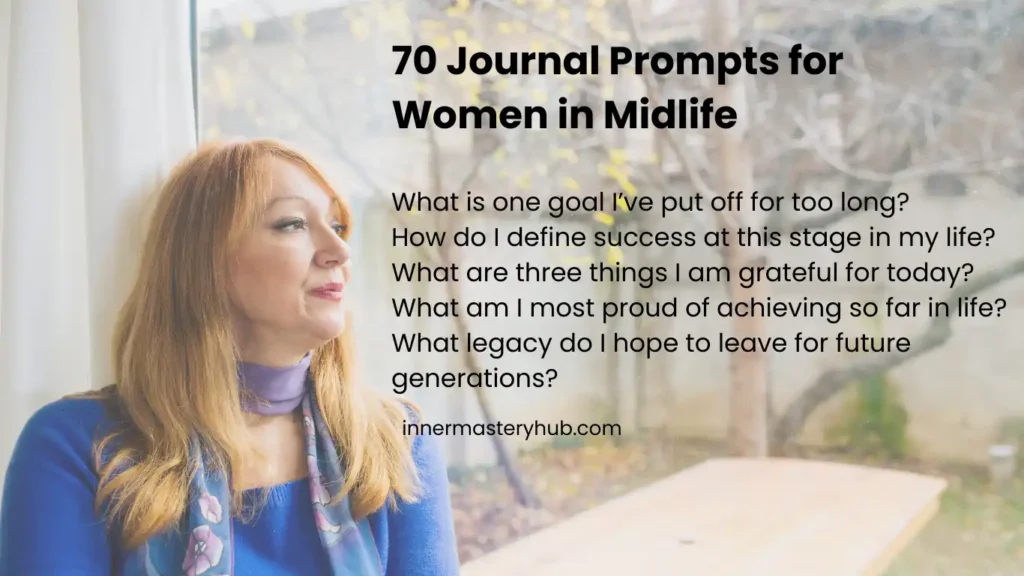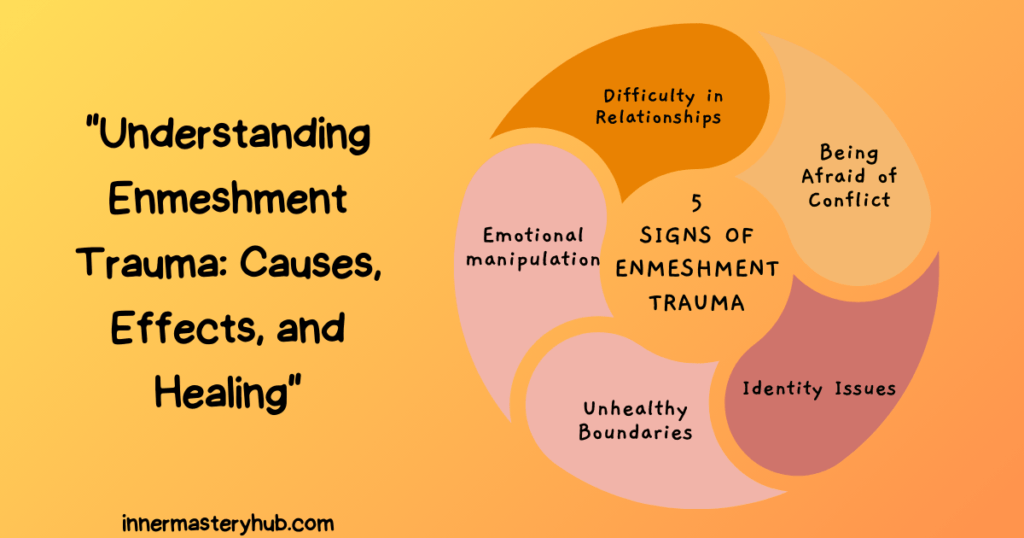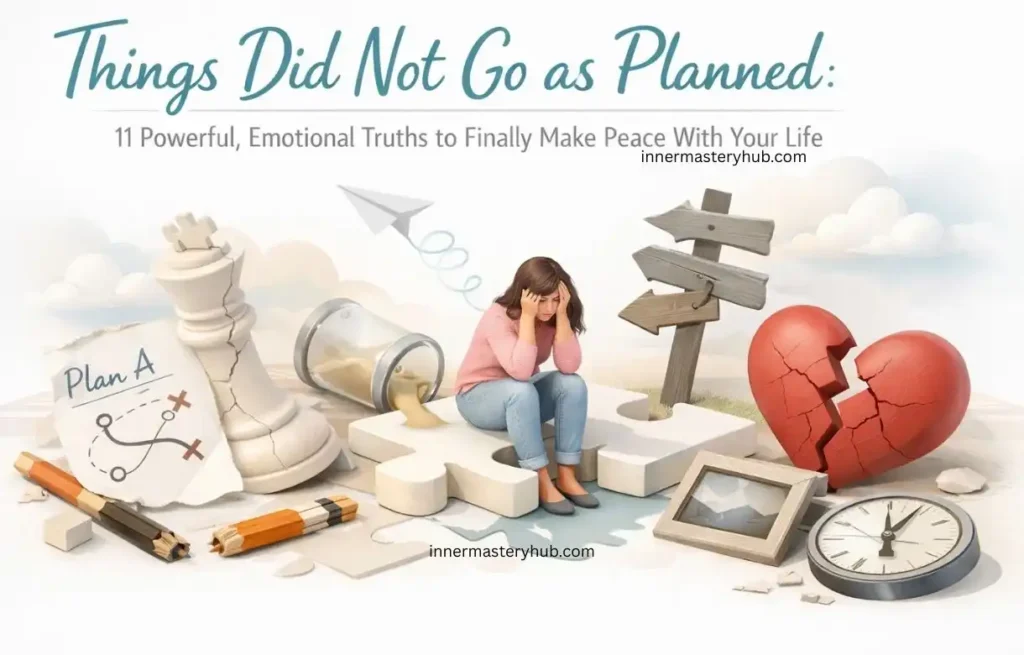Resentment in Relationships: How to Identify and Overcome It

Is negativity in your relationship growing like a weed? Do you frequently feel resentful, angry, or harbor grudges against your spouse? These could be indicators of hatred, a sneaky danger that can gradually weaken your connection.
A complex mixture of rage, disappointment, and hurt, several unmet desires, and broken promises can cause Resentment in relationships. Although it’s a familiar human feeling, leaving it unchecked can cause emotional distance, communication problems, and possibly a relationship breakup.
Signs of Resentment in Relationships
Resentment in relationships may have the following signs;
- losing faith in the partnership
- Disregarding your spouse in public
- Having feelings of rage, irritation, or frustration toward your spouse
- Being argumentative or passive-aggressive in your relationship
- purposefully causing your partner pain
- ignoring them entirely or giving the silent treatment
- losing interest in your partner sexually and loss of intimacy
Causes of Resentment in Relationships
Has your partner done something that’s bothering you? Have you figured it out or not? You have felt let out, misunderstood, or ignored. That’s what every one of us deals with at some point in our relationships. But it must be noted that for extended periods, or it can damage your relationship severely if left unaddressed.
Resentment in a relationship can be due to unmet expectations, being taken advantage of, being mistreated, or not being heard by your partner.
Research shows that rage, surprise, disgust, contempt, and shock combine to form the emotion of resentment. Nevertheless, other research suggests that Resentment in relationships occasionally arises from a person’s belief that they have been neglected, even if this belief may not be valid.
1. Unrealistic expectations
Imagine you and your partner plan a romantic weekend getaway. You have visions of candlelit dinners, long walks on the beach, and quality time spent reconnecting. However, reality unfolds differently. Your partner spends most of the time glued to their phone, leaving you frustrated and disappointed.
This scenario exemplifies how unrealistic expectations can fuel Resentment in relationships. You create a picture-perfect image of how things should be, often influenced by societal ideals, past experiences, or media portrayals. When reality falls short of your expectations, you experience disappointment.
2. Emotional Unbalance
When one partner consistently puts more emotional effort into the relationship (such as planning dates, initiating conversations, and offering support), they may feel resentful towards the partner who seems emotionally withdrawn.
According to Dr. Linda Carroll, a relationship therapist, the most important thing to do in this situation is to determine whether the Resentment results from you feeling too invested in the relationship or whether you are a person who is critical and tends to carry grudges.
On the other hand, it could be your work. It is time to have a conversation about how you feel that you are being taken advantage of and that you are not being cared for in the ways that you need. It’s essential to have realistic expectations for both.
For example, we appreciate what they bring, not what we think they should receive; we know where to go for needs we have not met and have them fulfilled safely (meaning not by finding a lover to meet our emotional needs). Our primary person is a massive part of a balanced relationship.
3. Passive-Aggressive Behavior
A passive-aggressive partner might cause relationship enmity. Secretive speech or body language are common forms of passive aggression. Ineffectively, passive-aggressive people communicate with silence, sarcasm, covert jabs, and avoidance.
Aggression, insecurity, or melancholy often cause this. To avoid confrontation, they communicate unfavorable feelings indirectly. This behavior often leads to disagreements and irritation from both spouses and can quickly build resentment in relationships because people aren’t communicating effectively.
4. Argumentation
The leading cause of relationship anger is the frequent occurrence of disputes about the same or new subjects. This often leads to circular conversations that quickly get distracted. So frustrating!
When you quarrel repeatedly, you may resent your partner. They may not be listening or may be listening but not taking action. Effective communication is essential.
Resentment in relationships occurs when we feel unappreciated. When you repeatedly dispute the same issues without resolving them, it’s easy to feel like your partner won’t hear you, which can lead to bitterness.
It’s common for one spouse to hear but not listen. Healthy relationships need learning, hearing, and listening.
5. Love bombing
The act of “love bombing” is a form of manipulation or control. Using this strategy, the person aims to establish a solid emotional bond with the recipient early on and instill a sense of value and profound concern. But this deep love isn’t always sincere; sometimes, it’s just a tactic for gaining power and influence over the other person.
Sadly, the love bomber can suddenly stop talking to them or break up, leaving the other person confused and heartbroken.
6. Lack of communication
Miscommunication between spouses can lead to resentment in relationships. Failing to address the fundamental source of all hate is a communication problem. A partner often expects the other to predict their needs. They fail because their partner is not a mind reader, which frustrates them.
7. Insecurities
Another reason resentment can stem in your relationship is that you may be experiencing insecurity and self-esteem. These feelings are unpleasant notions that are internalized, yet they have the potential to manifest externally and manifest in harmful behaviors, such as anger and jealousy.
Effects of Resentment on Relationships
Unresolved feelings of resentment in relationships can lead to a lack of intimacy, unhappiness, emotional distance, mistrust, and unmet wants and needs.
Decline of Trust
The foundation of trust in your relationship is undermined when anger festers. You start to doubt your partner’s commitment, behavior, and intentions, which breeds mistrust and keeps you on guard.
Emotional Withdrawal or Distance
The need for emotional connection naturally reduces as resentment in a relationship grows. There could be a decrease in your desire to express your emotions, show your spouse physical affection, or try to keep up your emotional bond, leading to a developing emotional withdrawal or distance.
Increased Conflict and Negativity
Breakup of a Relationship
If left unaddressed, resentment can escalate to a breaking point that ultimately ends the partnership. A breakup may result from the ongoing negativity, mistrust, and emotional distance being too much to handle.
Effect on Emotional and Mental Health
Your mental and emotional health may suffer if you harbor anger all the time. It could worsen anxiety, stress, and signs of depression, which will be detrimental to your general well-being.
Tips to Deal with Resentment in Relationships
Dealing with resentment in relationships requires figuring out the root cause of the issue. To overcome resentment and negativity, addressing the root cause is necessary to cultivate a happy relationship.
Turn to face your spouse and initiate open and healthy communication when you’re relaxed and cooperative. Define Resentment towards your partner. You may be the first to define what resentment is. You both feel it, but to move on, you must understand it and why.
Try to reach a common ground by resolving the issues of both partners. Try to understand each other’s perspectives without displaying defensiveness.
Both partners must be able to identify the negative behaviors and attitudes that fuel hatred and commit never to get involved with them again.
Most of the time, you resent your inability to meet each other’s expectations. The truth is, you may know each other intellectually but not emotionally. You know your partner’s favorite meal, but emotional intelligence means learning how to love, support, and connect with them, especially when they need it most.
Understand what triggers resentment in your relationship and determine how to avoid triggering those causes again.
Do what needs to be done by each partner to resolve the issues from both sides. Validate each other’s feelings without playing the blame game, stonewalling, and using manipulation tactics. Set healthy boundaries for the future, and if the problem is not resolved through discussion with your partner, consider couples counseling or therapy, such as CBT, with a professional.
Read about improving your relationship. John Gottman’s work has significantly impacted the understanding and improvement of relationships. His research-based insights offer practical tools and strategies for couples to navigate challenges, enhance communication, and build lasting connections.
FAQs about Resentment in Relationships
What is resentment in relationships?
Resentment in relationships is a complex mix of anger, bitterness, and disappointment, often stemming from feelings of mistreatment, unappreciation, or neglect. It builds up when needs aren’t met, communication breaks down, or expectations aren’t fulfilled.
What causes resentment in relationships?
Common causes include unmet expectations, lack of appreciation, unequal effort, broken promises, poor communication, or repetitive negative behaviors that frustrate one partner.
How does resentment in relationships show up?
Resentment may manifest as emotional withdrawal, frequent arguments, passive-aggressive behavior, avoidance of your partner, or a sense of distance. It’s often a result of unspoken frustration.
Why is resentment in relationships harmful?
Unresolved resentment damages trust, intimacy, and emotional connection. Over time, it creates distance and increases conflict, which can even lead to the breakdown of the relationship if left unchecked.
Can resentment in relationships be healed?
Yes. Healing involves acknowledging the resentment, communicating openly, understanding each other’s feelings, setting clear boundaries, and sometimes seeking professional help to resolve deeper issues.
How do you start addressing resentment in relationships?
Start by acknowledging your feelings and talking to your partner without blame. Focus on using “I” statements to express your emotions, and listen to your partner’s perspective to foster understanding.
What role does forgiveness play in dealing with resentment in relationships?
Forgiveness enables you to release past hurts and diminish bitterness. It’s about releasing emotional baggage and rebuilding trust. Forgiving doesn’t mean forgetting, but it’s a step toward healing and moving forward.
Do major betrayals always cause resentment in relationships?
No. Resentment can develop from more minor, repeated issues such as feeling ignored, undervalued, or unsupported. Even minor unresolved problems can build over time into significant resentment.
Can resentment in relationships develop if you’re not aware of it?
Yes. Resentment can build silently when issues are ignored, unaddressed, or dismissed. Over time, it can create emotional distance without you fully realizing why or how it started.
When should you seek professional help for resentment in relationships?
Seek help if resentment persists despite efforts to resolve it, if communication has broken down, if the relationship is affecting your mental health, or if it feels impossible to move past ongoing frustrations.






